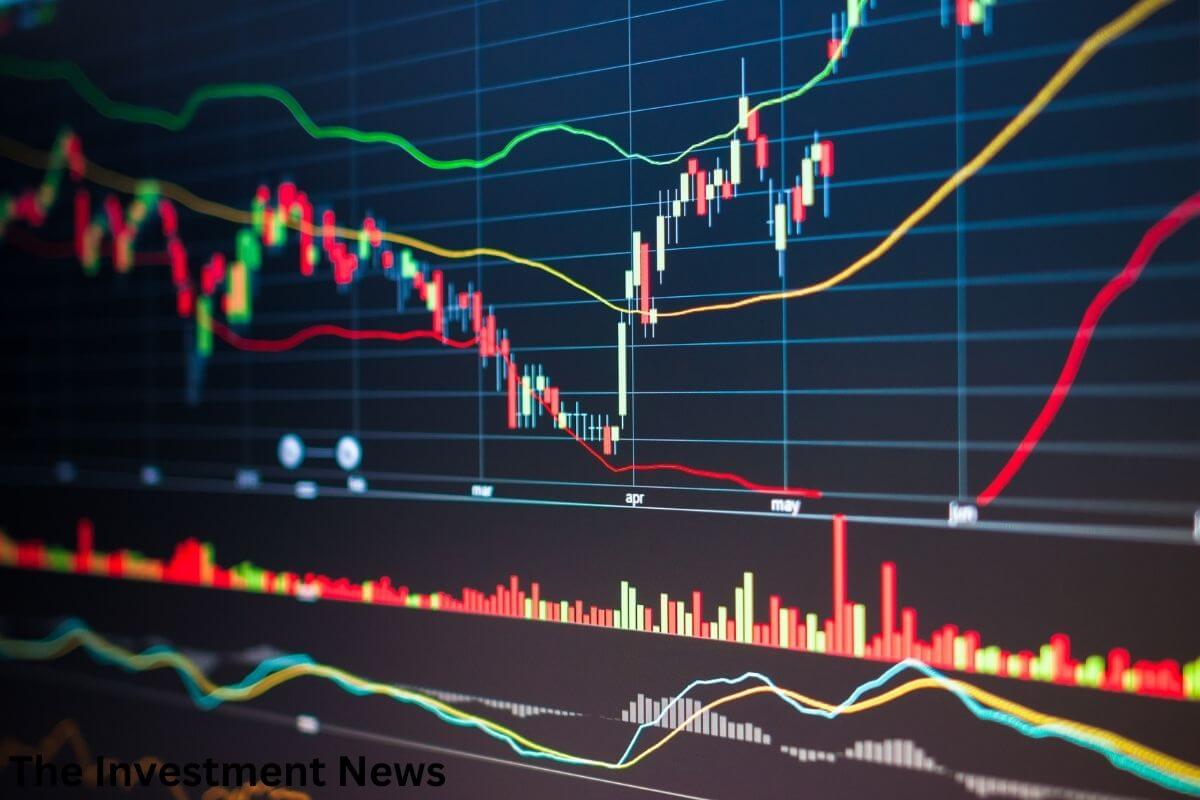Asian stocks experienced gains, bolstered by a sustained rally in Japanese shares, while oil prices surged due to heightened tensions in the Middle East following US-led airstrikes. The overall Asian equity index rose by 0.5%, with the Nikkei 225 leading the way with a more than 1% advancement, poised for its most significant weekly increase since March 2022. However, market conditions varied in China and Hong Kong, with fluctuations, while South Korea and Australia witnessed declines.
The positive momentum in Asian markets occurred despite a minor slip in US equity futures, following a relatively unchanged performance on Wall Street. Despite robust inflation data, investor expectations for Federal Reserve interest-rate cuts persisted.

In December, the US consumer price index showed higher-than-expected headline price increases, although core inflation fell, albeit less than consensus estimates. Swap pricing for a rate cut by March inched up, returning to levels seen at the end of 2023.
China reported a third consecutive monthly decline in consumer prices in December, signaling weak domestic demand. This development may prompt China’s central bank to consider a key policy rate cut and inject more cash into the financial system on Monday.
The announcement of joint military strikes by the US and its allies against Houthi rebels in Yemen, in response to their attacks on ships in the Red Sea, prompted a more than 2% increase in West Texas Intermediate crude oil prices to surpass $73. This military action also led to higher prices for gold and stocks of Asian shipping companies.
Andrew Slimmon, Head of Applied Equity Advisors at Morgan Stanley Investment Management, cautioned that a significant oil price increase could jeopardize the anticipated soft landing scenario for the year.
Commodity-linked currencies, such as the Australian dollar and Norwegian krone, experienced modest gains in response to the rise in crude oil. Despite the escalation in geopolitical tensions, the Bloomberg Dollar Spot Index saw a marginal dip, indicating that global traders remained largely unfazed.
In the Asian region, Japan’s November current account balance fell below expectations. Additionally, the country’s benchmark two-year government bond yield dropped to zero for the first time since August. An auction of 30-year sovereign bonds saw weaker demand, fueled by speculation that the Japanese central bank might adjust its monetary policy in an upcoming meeting.
Key events for the week include UK industrial production and US PPI releases. Some of the biggest US banks are set to report fourth-quarter results, and speeches by Minneapolis Fed President Neel Kashkari and ECB Chief Economist Philip Lane are scheduled.
Market Moves:
- S&P 500 futures declined by 0.2% as of 1:40 p.m. Tokyo time
- Japan’s Nikkei 225 gained 11%
- Japan’s Topix rose 0.2%
- Australia’s S&P/ASX 200 fell 0.3%
- Hong Kong’s Hang Seng was little changed
- The Shanghai Composite was little changed
- Euro Stoxx 50 futures rose 0.6%
Currency and Cryptocurrency Moves:
- The Bloomberg Dollar Spot Index was little changed
- The euro was little changed at $1.0975
- The Japanese yen rose 0.2% to 145.04 per dollar
- The offshore yuan was little changed at 7.1706 per dollar
- The Australian dollar rose 0.2% to $0.6702
- Bitcoin fell 0.3% to $46,026.86
- Ether fell 0.3% to $2,596.95
Bond and Commodity Moves:
- The yield on 10-year Treasuries was little changed at 3.97%
- Japan’s 10-year yield was unchanged at 0.585%
- Australia’s 10-year yield declined three basis points to 4.07%
- West Texas Intermediate crude rose 1.7% to $73.25 a barrel
- Spot gold rose 0.2% to $2,033.94 an ounce









